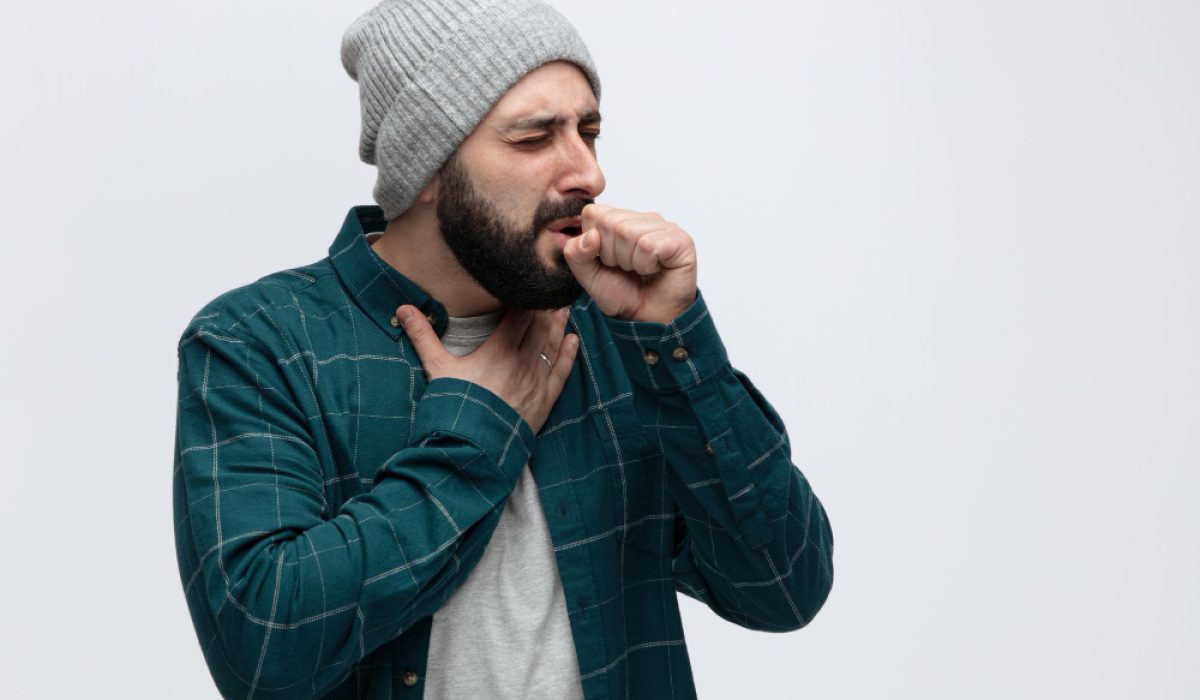Tuberculosis, often called TB, is a serious infection caused by bacteria. It mainly affects the lungs, but it can also harm other parts of the body. According to the World Health Organization (WHO), millions of people worldwide get tuberculosis each year. Even though TB is preventable and treatable, it remains a major health problem. Understanding tuberculosis symptoms, causes, diagnosis, and treatment options can help you stay safe and healthy.
What is Tuberculosis?
Tuberculosis is an infectious disease caused by bacteria called Mycobacterium tuberculosis. Most often, it attacks the lungs. However, it can also spread to the kidneys, spine, or brain. TB spreads from person to person through the air. For example, when someone with active TB coughs or sneezes, tiny droplets can carry the bacteria to others nearby. Not everyone who gets infected will feel sick. Some people have what is called latent TB, which means the bacteria are in their body but not causing symptoms. Others may develop active TB, which can make them very ill.
Common Symptoms of Tuberculosis
Recognizing tuberculosis symptoms early is important. While symptoms can vary, some are more common than others. If you notice any of these signs, it is wise to talk to a doctor:
Sometimes, TB affects other parts of the body. In these cases, symptoms may include back pain, joint pain, or swelling in the neck. However, these symptoms depend on where the infection is located.
Causes and Risk Factors
Tuberculosis is caused by bacteria that spread through the air. But not everyone exposed to TB bacteria will get sick. Some people are at higher risk than others. For instance, your risk increases if you:
Additionally, people living in areas where TB is common face a higher risk. According to the CDC, people with certain health conditions, such as diabetes, are also more likely to get TB.
How Tuberculosis is Diagnosed
Early TB diagnosis is important for treatment and stopping the spread. Doctors use several tests to find out if someone has TB. These may include:
Sometimes, more tests are needed if TB is suspected in other parts of the body. Quick and accurate TB diagnosis helps prevent complications and spread.
Treatment Options for Tuberculosis
Tuberculosis treatment options are effective, but they require time and care. Most people with TB need to take several antibiotics for at least six months. The most common medicines include:
Doctors may adjust the treatment plan based on your health and the type of TB. It is very important to take all medicines as prescribed. Otherwise, the bacteria can become resistant, making treatment harder. In some cases, people may need longer treatment or different drugs if the TB is drug-resistant. Regular check-ups help doctors track progress and manage side effects.
Prevention Tips and Lifestyle Guidance
Preventing tuberculosis is possible with a few simple steps. Here are some tips to lower your risk:
In some countries, a vaccine called BCG is given to protect young children from severe TB. However, the vaccine does not always prevent lung TB in adults. Still, healthy habits and early testing can help stop the spread of tuberculosis.
In summary, tuberculosis is a serious but treatable disease. Early diagnosis and proper treatment can save lives. If you have symptoms or think you may be at risk, consult a healthcare specialist for personalized advice on tuberculosis.
